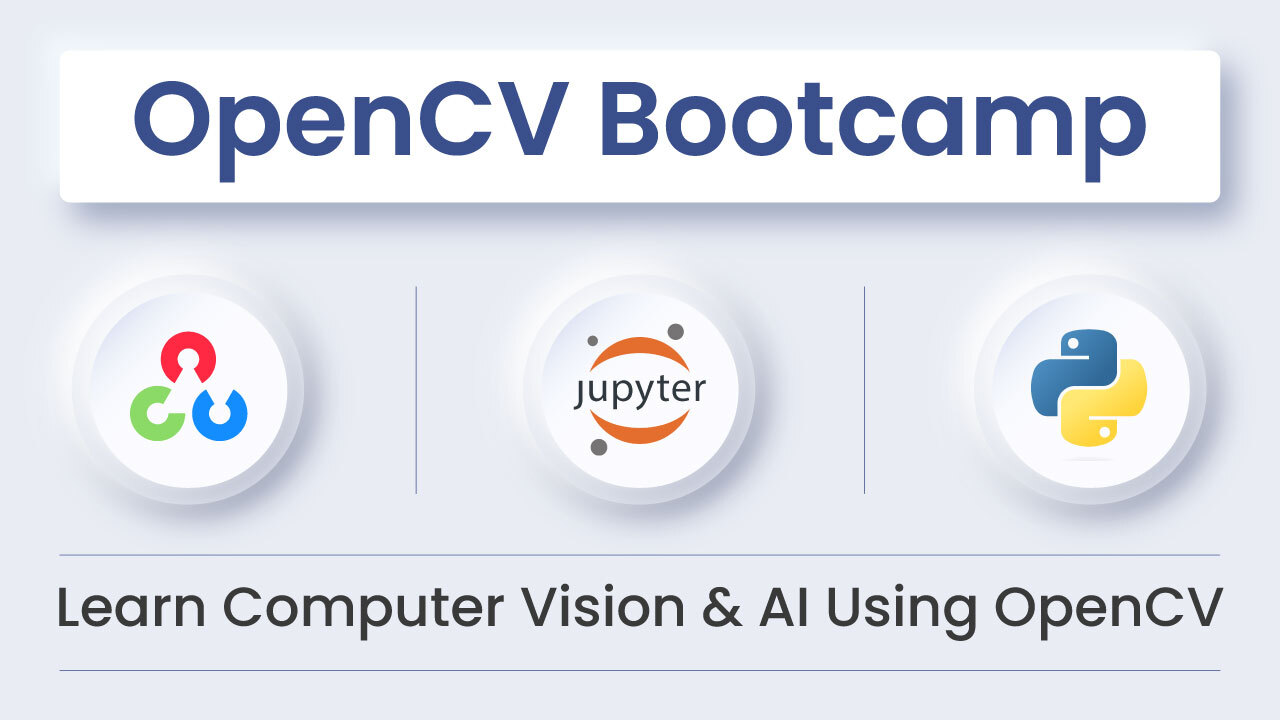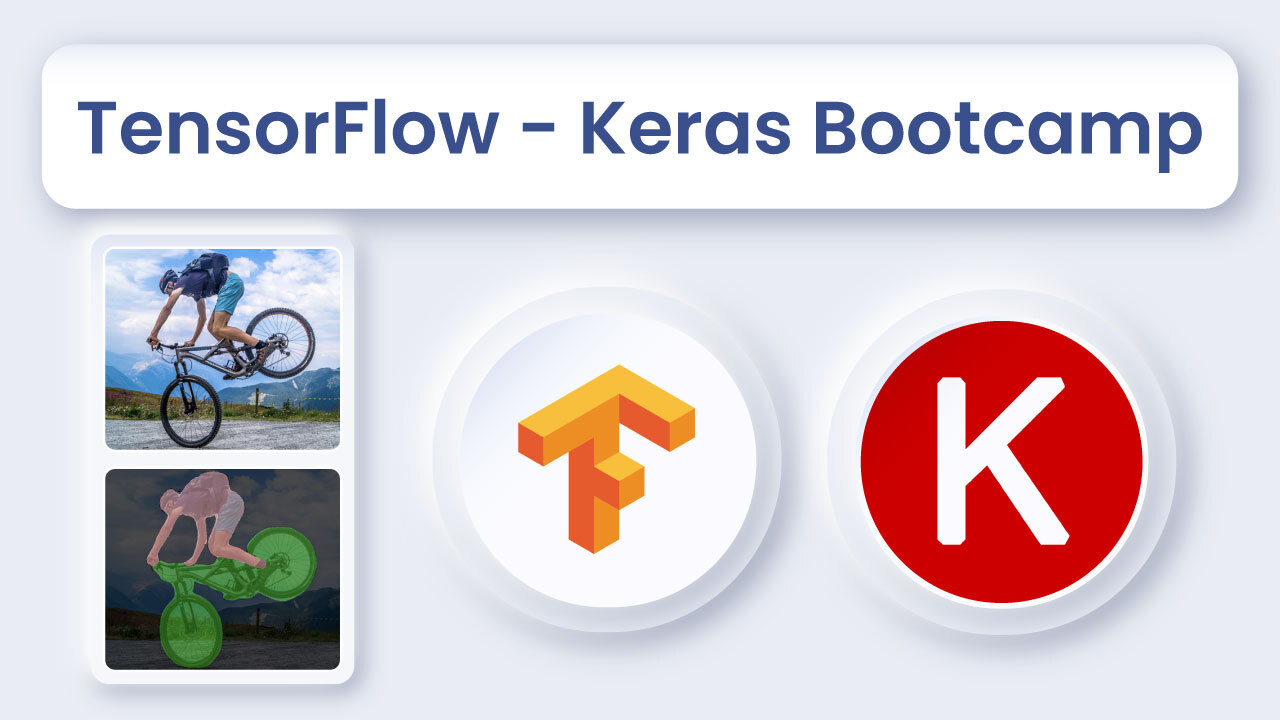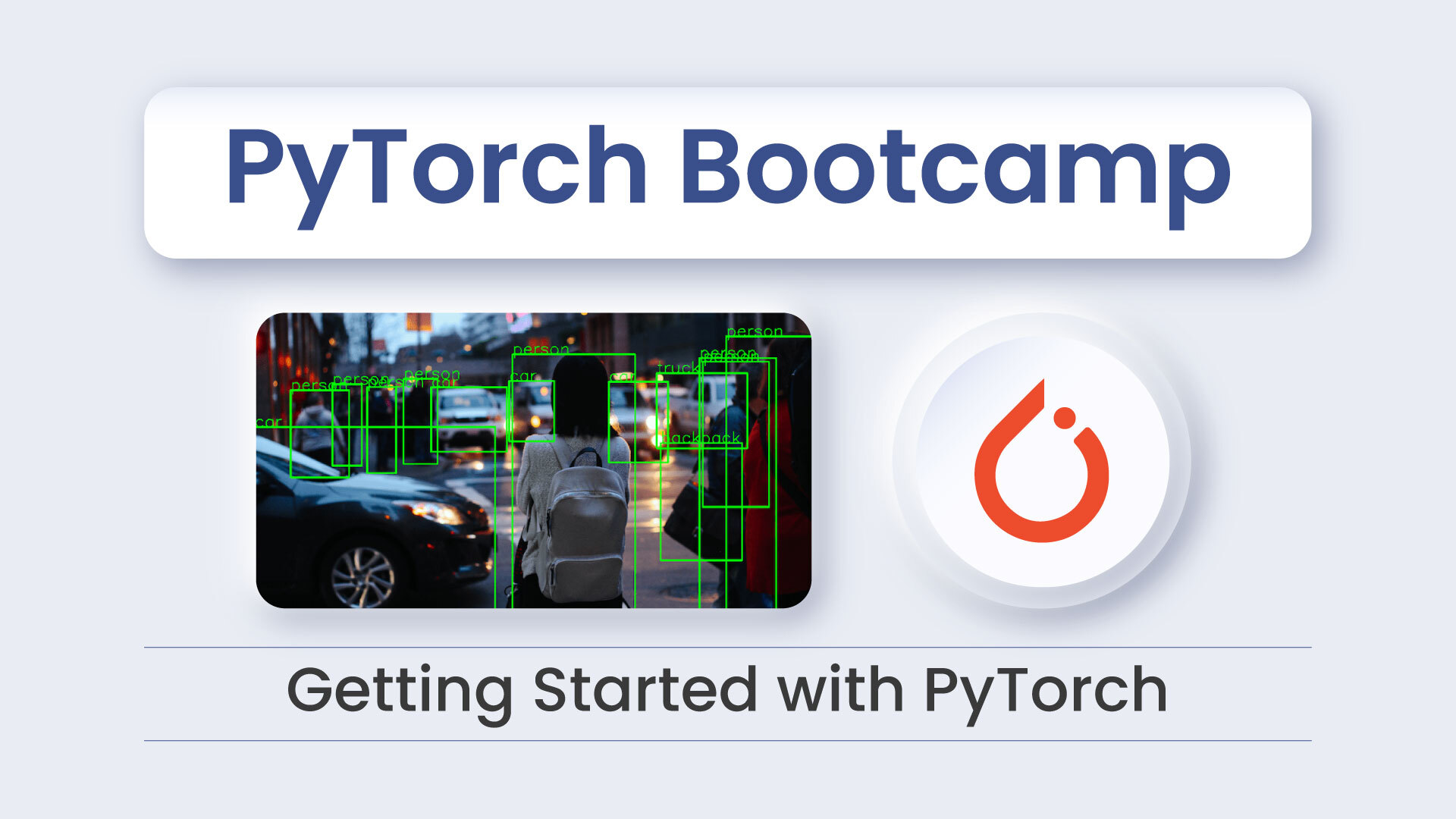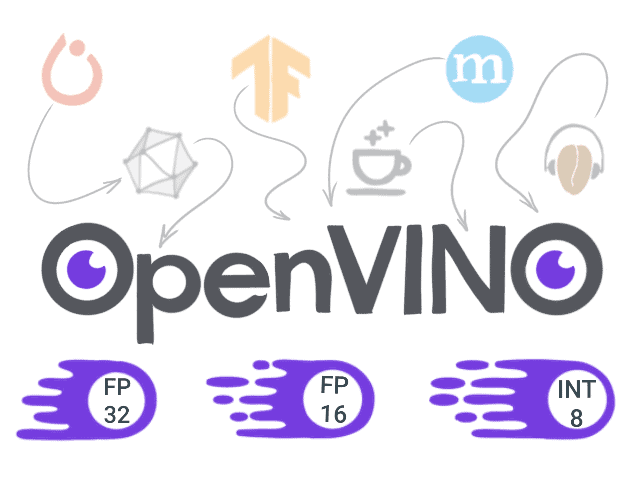
An AI coding assistant is essentially a smart software tool that helps programmers write code more efficiently. These tools can suggest code, spot errors, and even handle some mundane aspects of coding by themselves. Think of them as very helpful aides that can make coding faster and more accurate, especially when working with unfamiliar languages or frameworks.
AI coding assistants are becoming essential in modern software development because they greatly improve productivity. They offer real-time coding suggestions, assist with code documentation, and can even spot potential bugs before they become problems. This makes them valuable not only for speeding up the coding process but also for enhancing the quality of the code by ensuring that it adheres to best practices.
Overall, AI coding assistants like GitHub Copilot and Amazon CodeWhisperer are reshaping how coding is done by making it more accessible and less error-prone. They integrate with popular Integrated Development Environments (IDEs) and support multiple programming languages, which broadens their usefulness across various coding projects.
Key Features of AI Code Assistants
AI coding assistants share several core features that make them valuable tools in software development:
☑️Code Suggestions and Autocompletion: Most AI coding assistants provide real-time code suggestions as you type, helping to complete lines of code based on the context and previous code. This can significantly speed up the coding process and reduce syntactical errors.
☑️Error Detection and Debugging: These tools can detect errors in real-time, offering suggestions to fix them before the code is even run. This helps in maintaining a cleaner codebase and reduces the time spent on debugging.
☑️Code Refactoring: AI assistants can suggest improvements to make the code more efficient and maintainable, such as optimizing algorithms or restructuring code without changing its external behavior.
☑️Documentation Generation: They can automatically generate comments and documentation for your code, which is essential for maintaining large codebases and for teams where clarity and documentation are critical.
☑️Learning from Context: Advanced AI coding assistants learn from the codebase they are working on, adapting their suggestions to the coding style and preferences of the development team.
Unique Attributes That Distinguish Each Tool
– Integration with Development Environments: Some tools, like GitHub Copilot, are deeply integrated into popular Integrated Development Environments (IDEs) like Visual Studio Code, making them more seamless for developers who use those environments.
– Support for Languages and Frameworks: Different tools may offer broader support for various programming languages and frameworks. For instance, some tools might excel in web development languages like JavaScript and HTML, while others might focus on system programming languages like C and Rust.
– Open Source vs. Proprietary: Tools like Codex from OpenAI are proprietary and backed by companies, offering advanced features but often at a cost. In contrast, open-source tools might be more customizable and freely available but require more setup and maintenance.
– Security and Privacy Features: Given the sensitive nature of code, especially in enterprise environments, some AI coding assistants emphasize security features, like data encryption and privacy controls, to ensure that the code remains secure.
– Specialized Features: Certain AI tools offer unique features tailored to specific tasks. For example, some might excel in generating unit tests automatically, while others might offer advanced capabilities in natural language to code translation, making it easier for non-developers to contribute to software projects.
Pros & Cons of AI Coding Assistants: Speed vs Quality
Pros:
1. Speed and Efficiency: AI coding assistants drastically reduce the time it takes to write code. They offer real-time suggestions, automating routine tasks and predicting the next lines of code, which can accelerate development cycles.
2. Error Reduction: These tools can spot errors and inconsistencies early in the coding process, helping to ensure that the final product is more robust.
Cons:
1. Compromised Code Quality: While AI assistants can produce code quickly, the quality of the output may not always meet high standards. The code generated may be functional but can sometimes be verbose or not optimally efficient.
2. Overreliance Issues: There’s a risk that developers might become too reliant on these tools, potentially stunting their problem-solving and coding skills.
Real-World Implications:
– In practical settings, while AI coding assistants enhance productivity, they also require developers to perform thorough reviews and testing. The code generated by AI must be carefully integrated with existing codebases, ensuring it doesn’t introduce technical debt or security vulnerabilities.
Our Recommendations for the AI Assistants
Amazon CodeWhisperer – Now Amazon Q Developer
Brief Introduction:
Amazon CodeWhisperer, developed by Amazon Web Services, is designed to enhance coding efficiency through real-time code recommendations. It integrates seamlessly with popular development environments to assist in coding across multiple languages and platforms.
Features:
– Code Recommendation: Automatically generates code snippets and entire functions tailored to the user’s coding style.
– Security Scans: Analyzes code for potential security vulnerabilities, ensuring safer application development.
– Documentation Assistance: Offers real-time documentation tips to improve code readability and maintenance.
– Multi-language Support: Supports a variety of programming languages including Python, Java, JavaScript, and many more.
Pricing:
Amazon CodeWhisperer offers a tiered pricing model:
– FREE Tier: Provides basic features with some usage limitations.
– Paid Tiers: Various levels offering more extensive features, higher usage limits, and advanced support options.
Codeium
Brief Introduction:
Codeium is an AI coding assistant that leverages advanced machine learning techniques to enhance developer productivity by offering intelligent code completions and refactoring suggestions.
Features:
– Advanced Code Completions: Utilizes machine learning to provide context-aware code completions.
– Refactoring Capabilities: Suggests code refactoring options to improve code quality and maintainability.
– Support for Multiple Languages: Works across several programming languages, enhancing its versatility.
Pricing:
Codeium offers a simple pricing structure with a free version for basic features and a paid subscription that provides full access to all advanced features and higher limits on usage.
GitHub Copilot
Brief Introduction:
GitHub Copilot is an AI-powered coding assistant developed in collaboration with OpenAI, designed to suggest complete lines or blocks of code as you type, directly within the IDE.
Features:
– Integration with GitHub: Seamlessly integrates with the GitHub ecosystem, leveraging the vast array of GitHub repositories to provide contextually relevant code suggestions.
– Multilingual Support: Offers support for numerous programming languages, making it versatile across different development environments.
– AI Pair Programming: Acts as a virtual pair programmer, suggesting not just code snippets but entire functions based on the context of the work.
Pricing:
GitHub Copilot has a subscription-based pricing model:
– Free for Verified Students: GitHub Copilot is free for students who have verified their status through GitHub’s Student Developer Pack.
– Monthly Subscription: Available for individual developers at a monthly fee, with the first month often offered free as a trial.
This tool is especially useful for developers looking to speed up their coding process while ensuring that the suggestions are deeply integrated with their current GitHub projects.
Tabnine
Brief Introduction:
Tabnine is an AI-powered code completion tool that enhances productivity by providing accurate and context-aware code suggestions across multiple programming languages.
Features:
– Autocompletion Capabilities: Offers robust autocompletion features that learn from the codebase to suggest relevant code snippets and APIs.
– Extensive Language Support: Compatible with a wide array of programming languages, making it versatile for diverse coding environments.
Pricing:
Tabnine offers several pricing tiers:
– Free Version: Limited basic features suitable for individual developers.
– Pro Version: Subscription-based with advanced features, available monthly or yearly. Discounts are available for bulk licenses, making it an economical option for teams.
Tabnine is particularly valued for its ability to adapt to the user’s coding style, promoting consistency across projects.
Blackbox
Brief Introduction:
Blackbox is an AI coding assistant designed to handle complex coding scenarios efficiently, making it a strong tool for developers working on sophisticated projects.
Features:
– Complex Scenario Handling: Excels in managing intricate coding challenges, providing solutions that simplify development processes.
– Customization Options: Offers high customization capabilities to better fit specific project requirements and developer preferences.
Pricing:
Blackbox employs a competitive pricing strategy:
– Subscription-based Model: Provides different tiers, generally priced below some major competitors, making it a cost-effective option for both individual developers and larger teams.
Blackbox stands out for its ability to streamline challenging development tasks and its flexible pricing, making advanced coding assistance accessible to a broader audience.
Hugging Chat
Brief Introduction:
Hugging Chat is designed to leverage open-source language models, offering great flexibility in integrating various AI technologies for code assistance.
Features:
– Open-Source Model Integration: Capable of integrating with multiple open-source language models, allowing for extensive customization and adaptability.
– Flexibility: Exceptionally flexible in deployment and usage, suitable for a variety of coding environments and developer needs.
– Free Access: Users can access and use open-source models at no cost, benefiting from a wide range of capabilities without financial commitment.
– Support and Additional Features: For advanced support and additional features, there are paid options that offer more comprehensive service packages.
Hugging Chat is ideal for developers and organizations that prefer open-source solutions and require a tool that can adapt to various programming scenarios and environments.
Key Takeaways
Here are some key takeaways from the discussion on AI coding assistants:
✅Efficiency and Productivity: AI coding assistants greatly enhance coding speed by providing real-time suggestions and automating routine tasks.
✅Quality Concerns: While these tools improve efficiency, developers must ensure that the generated code maintains high quality and integrates well with existing systems.
✅Customization and Flexibility: Different tools offer unique features such as extensive language support, customization options, and integration capabilities, catering to diverse development needs.
✅Security and Privacy: Premium tools often include advanced security features, addressing concerns about data privacy and code security.
✅Pricing Models: The cost of AI coding assistants varies, with many offering free tiers for basic use and paid plans for more advanced features and greater usage limits.
Conclusion
When choosing an AI coding assistant, consider your specific development needs, budget, and preferred coding environment. Tools vary in their features, such as language support, integration capabilities, and pricing models.
Opt for a tool that aligns well with your project requirements and enhances your productivity without compromising code quality.







5K+ Learners
Join Free VLM Bootcamp3 Hours of Learning